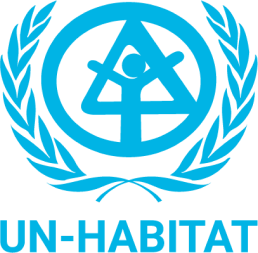Rapidly expanding cities in Asia and the Pacific are highly vulnerable to the climate crisis. A key issue is inequitable systems of land governance, which contribute to tenure insecurity and spatial inequality, and constrain climate resilient planning and investment. An estimated 600 million people residing in the region’s informal settlements are at particular risk. Located in hazard-prone areas, lacking critical services, and adequate housing, their vulnerability is exacerbated by the absence of effective urban planning mechanisms and associated tenure insecurity.
Integrated land and climate programmes in three Asia-Pacific countries
Responding to the growing crisis, UN-Habitat’s Regional Office for Asia and the Pacific (ROAP) has prioritised integrated land and climate programming: to effect long-term climate resilience outcomes in cities across the region. Currently, projects are on-going in three priority counties where needs are most severe: Afghanistan, Nepal and Pakistan, which ranked sixth, twelfth and fifteenth, respectively, in the most recent global Climate Risk Index.
In Afghanistan, UN-Habitat has supported residents of highly vulnerable informal settlements with integrated land and climate tools to strengthen tenure for climate resilient outcomes.
First, land use and parcel boundary maps are developed with communities and endorsed by local authorities to strengthen communal tenure security. Second, participatory settlement plans are produced that mainstream climate action. Third, priority climate investments identified in settlement plans are implemented to strengthen de facto tenure security and reduce vulnerability to climate hazards. The results of the pilot have been documented in a policy brief, which also makes a case for scale-up across Afghanistan and the region.
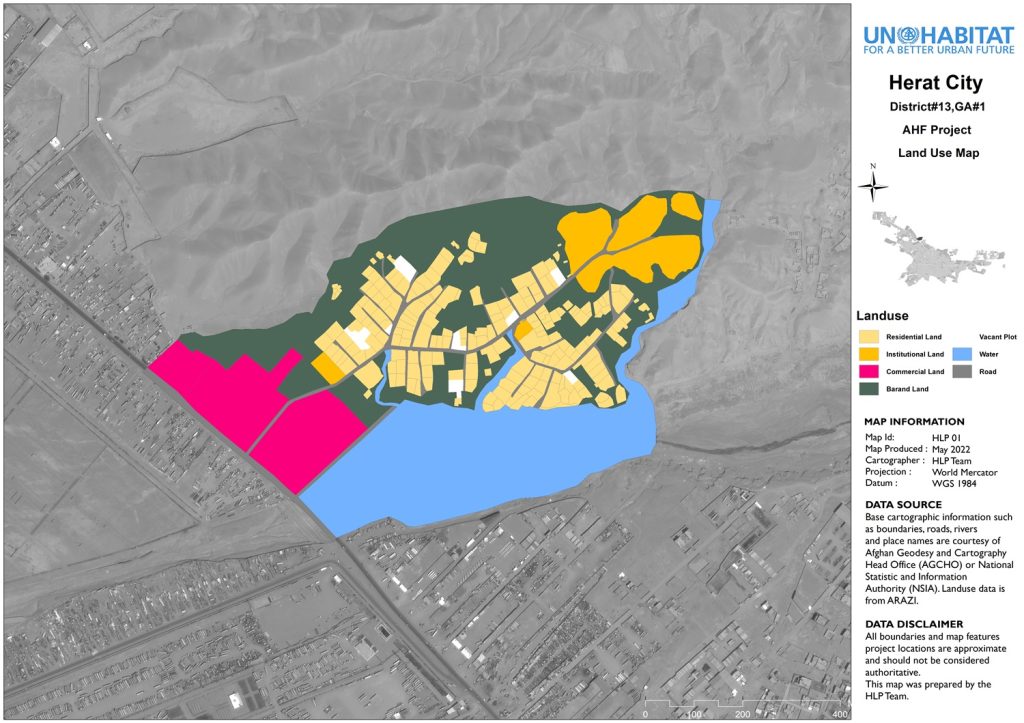
In Nepal, UN-Habitat integrates land and climate tools to address vulnerability at multiple scales. At the household level, highly vulnerable landless and tenure insecure families are supported to access and register land with authorities, securing property rights and providing a foundation for climate resilient livelihoods.
At the community level, regreening of public lands and support for climate-smart livelihoods strengthen resilience to long-term climate breakdown. At the municipal level, the project builds the capacity of sub-national authorities to implement climate-smart, tenure-integrated Risk Sensitive Land Use Plans (RSLUP), to embed land and climate programme tools in municipal planning mechanisms.
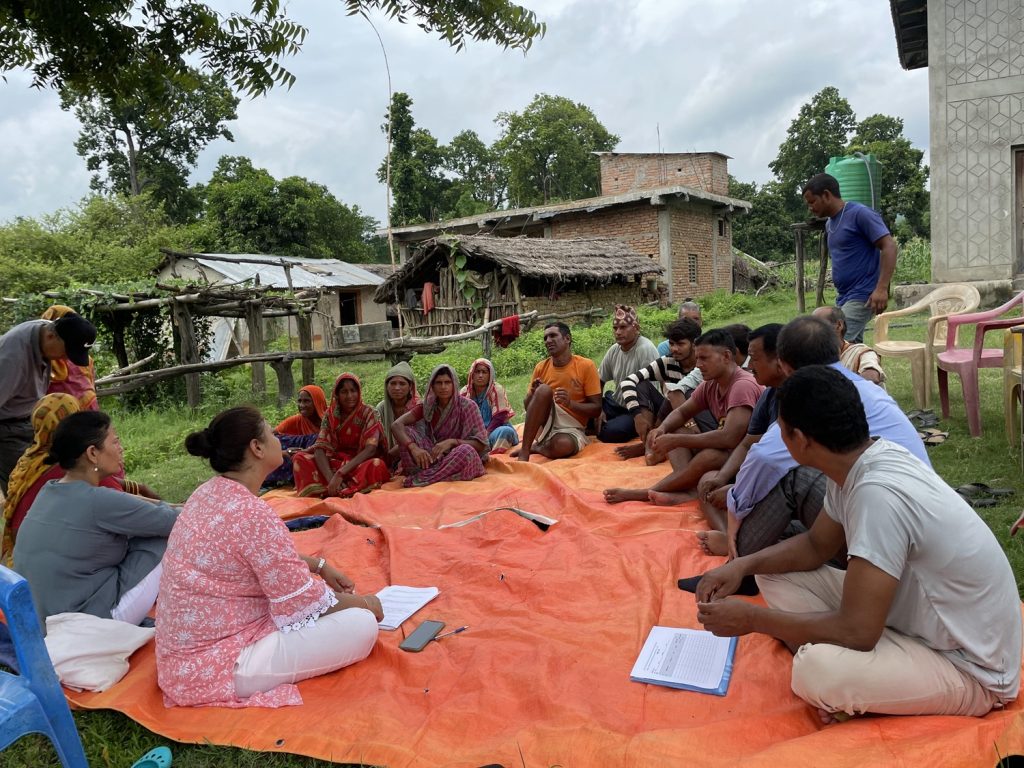
In Pakistan, the 2022 floods demonstrated the scale of vulnerability associated with the worsening climate crisis. The disaster caused extensive damage to housing and infrastructure across the nation and resulted in the tragic loss of human life. Insecure tenure and unplanned development contributed to the devastation: in the absence of effective land administration systems, planned investment in housing and critical infrastructure was limited, rendering people vulnerable to the flood waters.
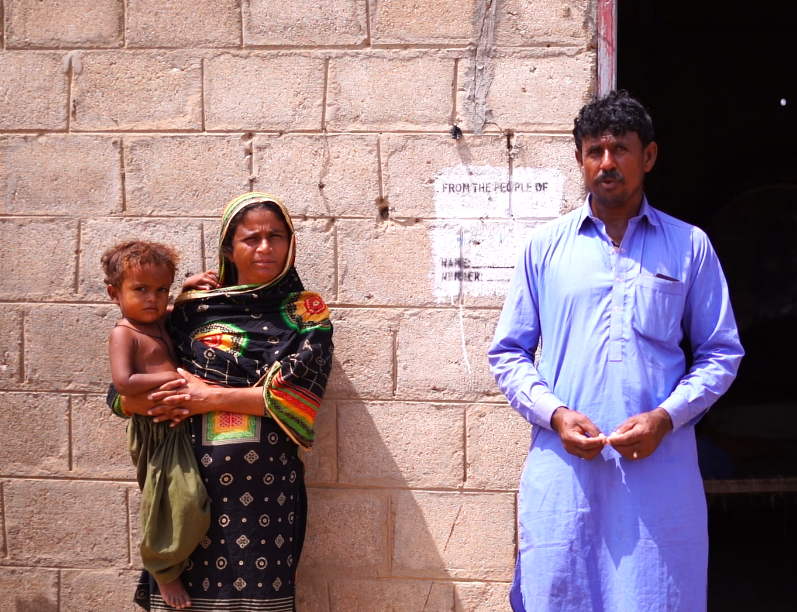
In response, UN-Habitat supports communities and sub-national authorities to register land rights and develop climate resilient settlement plans in flood-affected areas. This action secures property rights to increase investment in climate resilient housing and community infrastructure.
Impacts of UN-Habitat support
The impacts of UN-Habitat’s regional land and climate portfolio are catalytic. Projects are piloted locally to empower communities for lasting resilience outcomes, and to create an evidence-base for scale-up through transformative institutional change. To achieve these outcomes, ROAP country offices are integrating, deploying and refining a range of innovative land and climate toolkits developed by UN-Habitat’s global programmes.
Already, the pilot projects have had tangible impacts on tenure security and strengthened climate resilience for target communities. Zainab – a 30 year-old female beneficiary in a flood-affected informal settlement in Herat, Afghanistan – describes how UN-Habitat’s support has impacted her community.
“The flood drainage project solves some the biggest challenges for the community, such as the stagnant wastewater causing diseases, impassable commuting routes, and most importantly protection against flooding from the river.”
These community-scale impacts are translating into transformative institutional change in the three priority countries. Building on community-level successes, authorities have strengthened capacity to implement integrated land and climate programmes to respond to the growing climate crisis affecting their nations.
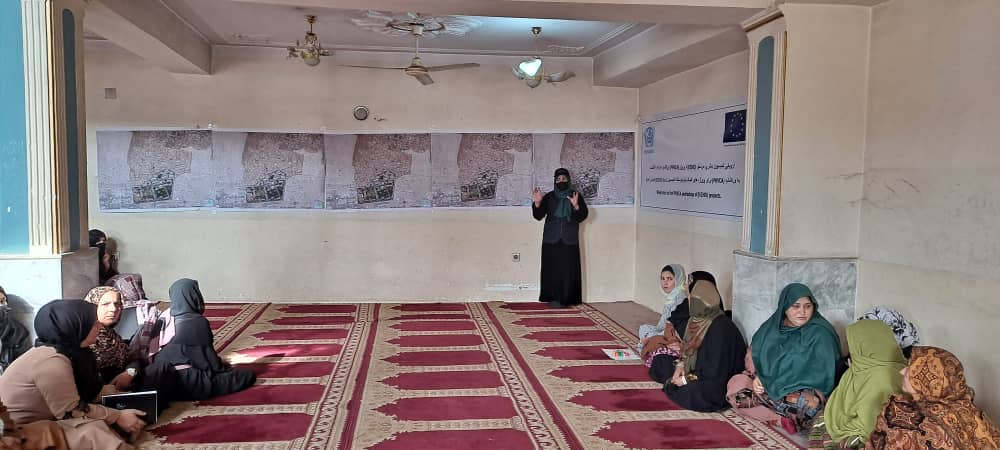
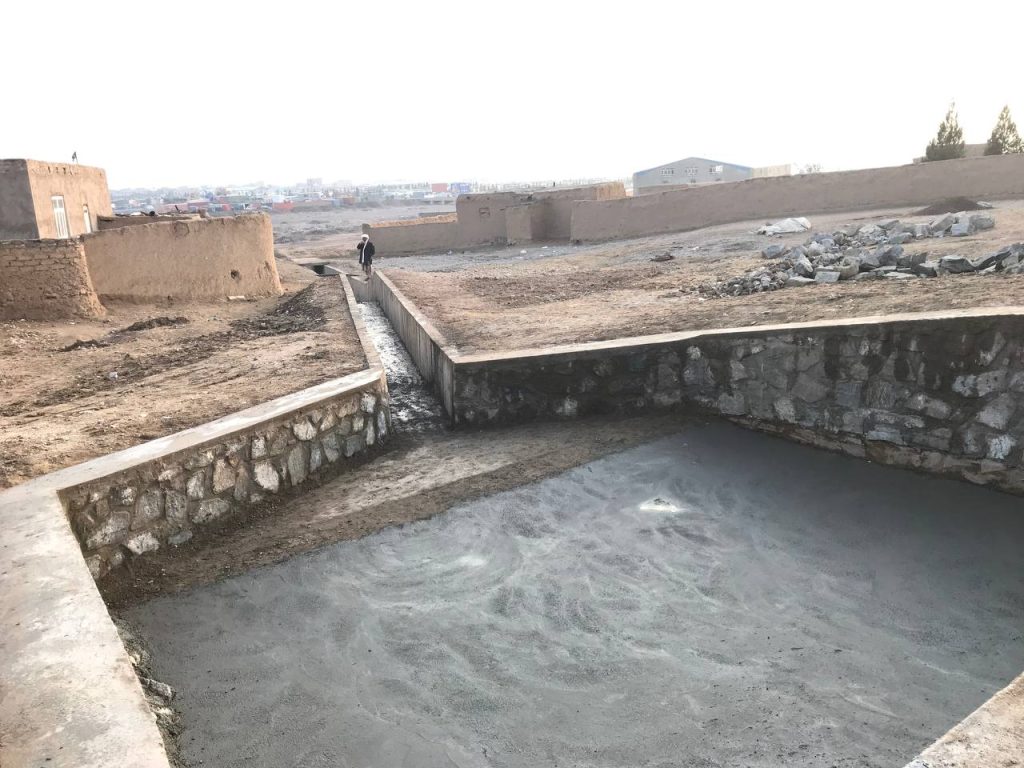
Yem Narayan Sharma Pokhrel, Chairperson Gadhawa Municipality of Dang in Nepal says “The Dalits, indigenous people, the ex-Kamaiyas and un-registered tenants in the four municipalities of Deukhuri valley face many land tenure and land management issues for a dignified livelihood which need to be addressed, more so in the context of climatic impacts due to flooding, soil erosion, destruction of agricultural land and depletion of productivity.
We thank UN-Habitat and Korean Government for providing support in our efforts to providing secured tenure of land to the landless and most vulnerable, conservation of land through land use management and promotion of climate smart agriculture.”
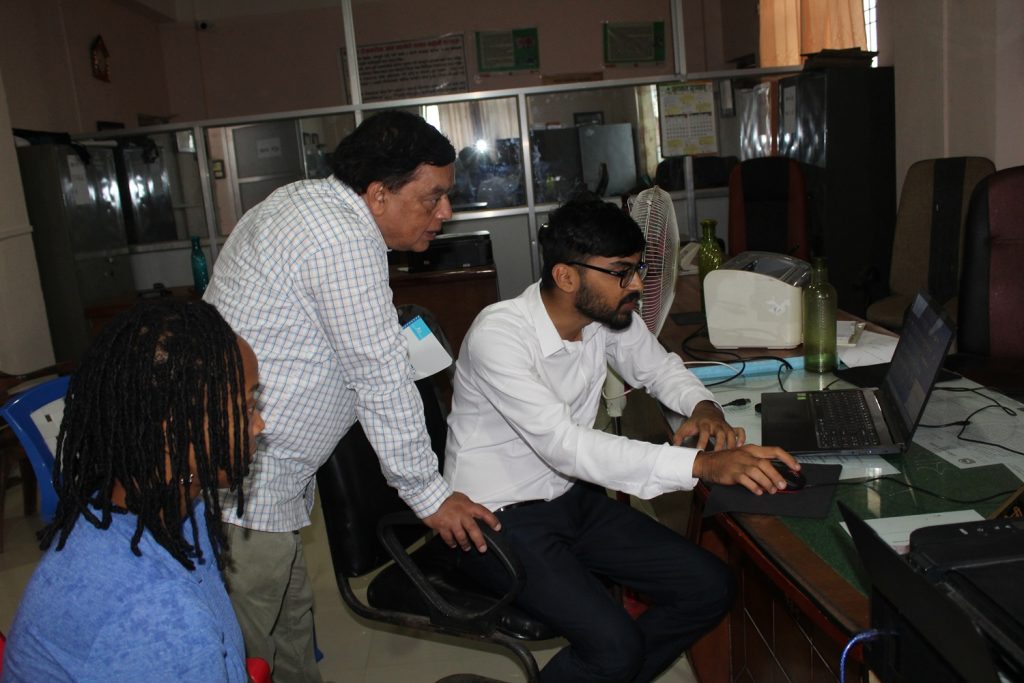
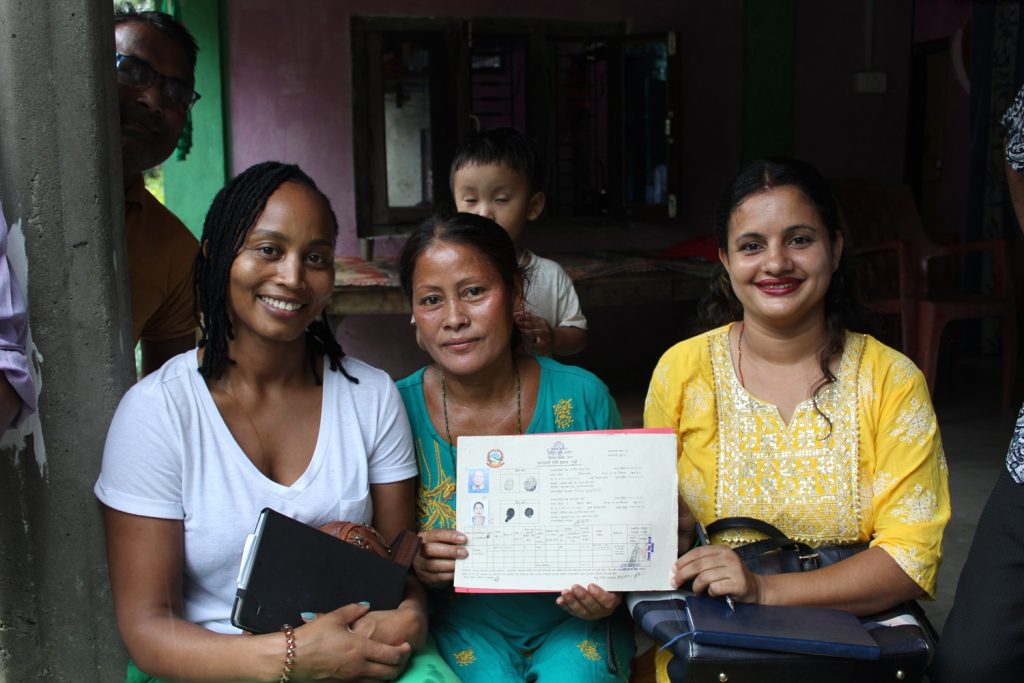
Up-scaling across the region
ROAP’s focus now is leveraging these successes. “We see renewed commitment of our partners, allowing us to contribute to more solutions both in the context of urbanisation and in the humanitarian-development nexus in the region,” said Bruno Dercon, acting Regional Representative of UN-Habitat.
To rollout land and climate programming at scale will require mobilizing funds through climate finance mechanisms. It is moral imperative that climate finance addresses the significant and growing needs across the region, and particularly the needs of residents of informal settlements. Failure to do so will preclude climate justice, because the most vulnerable will incur the economic and environmental costs of global industrialisation.
